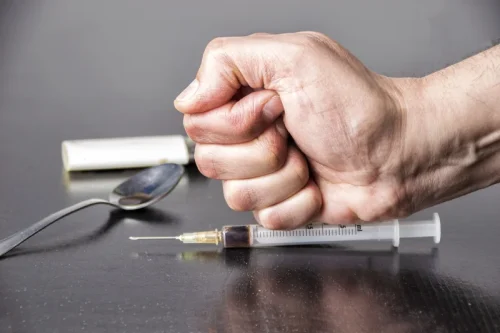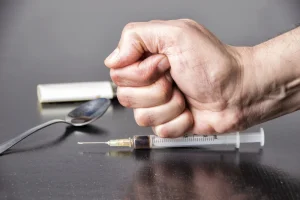
Medications like Campral, Topamax, and Revia have greatly improved AUD recovery rates. With any mental health condition, the outlook is almost invariably better if you are treated than not treated. For instance, NPD and AUD both https://ecosoberhouse.com/ involve psychotherapy, but the formats for each can vary.
- They render the narcissist the center of attention, but also place the narcissist in splendid isolation from the madding and inferior crowd from the great unwashed from the chimpanzees.
- Given the challenges that can arise due to the dynamics of a Borderline personality and the tendencies of a Covert Narcissist, fostering effective communication is paramount.
- Setting boundaries can be very difficult, particularly with a narcissist.
- Understanding these nuances is key to dealing with each type of narcissist and protecting one’s well-being.
How Does a Narcissist Daughter Treat Her Mother?
On the inside, covert narcissists believe themselves superior to others. Low self-esteem is emblematic of NPD and is particularly prominent in covert narcissists.3 It causes extreme fragility in covert narcissists and causes them to be extremely sensitive to criticism. They respond drastically to perceived slights, balking at minor remarks. Integrated treatment approaches show promise for addressing both narcissistic traits and problematic alcohol use.
The Overt Versus the Covert Narcissist
Alcoholism is a complex disorder characterized by compulsive alcohol use, loss of control over intake, and negative emotional states when not drinking. It affects millions of people worldwide and can have severe consequences on health, relationships, and overall quality of life. People with narcissistic traits often have trouble maintaining healthy relationships. They may struggle with jealousy, have a sense of entitlement, and display manipulative behaviors. When discussing a covert narcissist parental alienation situation, an example may involve the alienating parent consistently painting a negative picture of the other parent to the child. This could include belittling the targeted parent’s achievements or character, creating a false narrative to undermine the child’s relationship with the other parent.

Treatment & Support

Loss of control or power in any situation is a blow to their carefully constructed facade. Understanding these key characteristics is crucial in providing effective support and intervention for individuals with Borderline Personality Disorder. Let’s continue to educate ourselves and others to create a healthier and more understanding environment for all.

Codependency and Enabling Behavior

Effective communication involves active listening, validating emotions, and striving to find common ground to foster a sense of connection and mutual understanding in the relationship. When navigating a relationship with both a Covert Narcissist and Borderline Personality Disorder (BPD), establishing and upholding clear boundaries is crucial to safeguarding our emotional well-being. Moreover, they often experience an unstable self-image and identity, leading to feelings of emptiness or disconnection. This highlights the urgent need for awareness, intervention, and support for those affected by this complex and harmful dual diagnosis.

Support groups like Al-Anon provide a safe space to share experiences and learn from others in similar situations. These groups offer coping strategies specific to living with alcoholism and narcissism. Anger is often a prominent emotion for narcissistic alcoholics. They may become easily irritated when covert narcissism and alcoholism their demands are not met or when faced with criticism. Alcohol can amplify these angry outbursts, leading to verbal or even physical abuse.
- Alcoholism can serve as a coping mechanism for individuals struggling with underlying narcissistic tendencies, and at the same time, alcohol can reinforce and exacerbate narcissistic behavior.
- Both conditions can significantly impact a person’s relationships, well-being, and overall quality of life.
- The day is structured around securing the drugs or the alcohol, imbibing, injecting, smoking, sniffing, snorting at regular intervals.
- Whether it’s someone you know or a leader in a communal setting, recognizing these manipulative behaviors is crucial for maintaining healthy boundaries and prioritizing emotional well-being.
